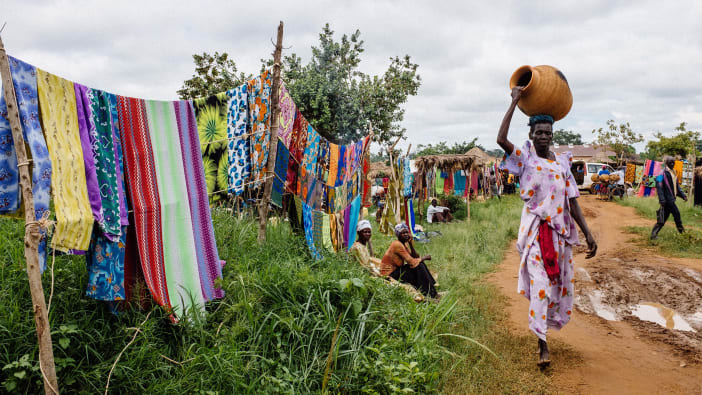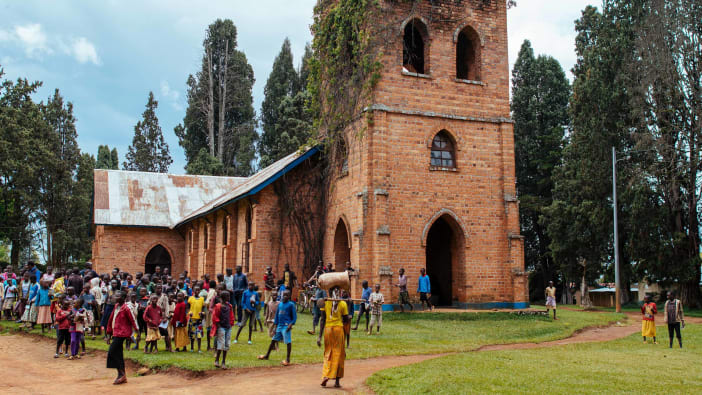Tearfund carried out research studies in Uganda, Sierra Leone, Bolivia and Nepal to find out how church and community transformation (CCT) processes bring improvements to people’s lives and reduce poverty.
Research was carried out using an evaluation methodology called the Qualitative Impact Assessment Protocol (QuIP), which measures qualitative impact in a robust, credible and unbiased manner. All references to CCT made during the research by participants were unprompted, shared as they told their stories of change.
The evidence in this report shows that when the church works with the community, it is an effective and sustainable solution to overcoming poverty. 70 per cent of interviewees said that CCT and the local church had brought improvements to their lives, despite the research taking place when participants were experiencing significant external shocks and crises, including drought, economic crashes, and the Covid-19 pandemic.
Four areas of transformation are covered in the report:
- The church reaching out
- Hope restored
- Improved relationships
- Resilient livelihoods








